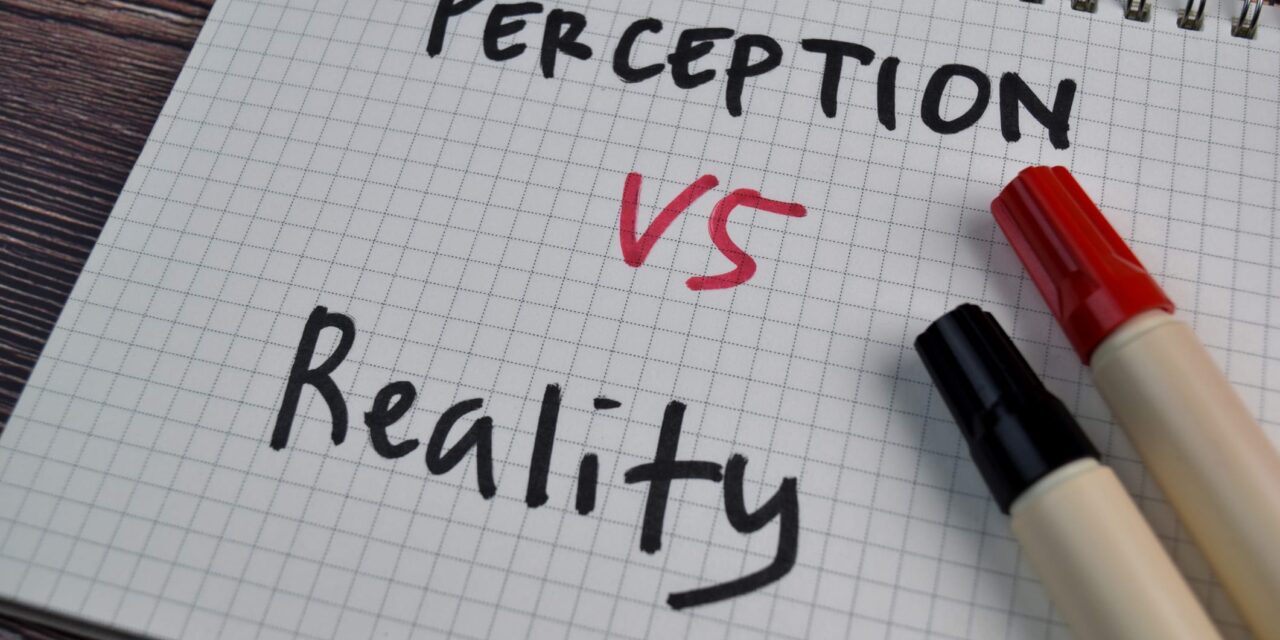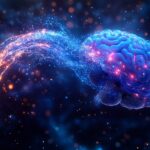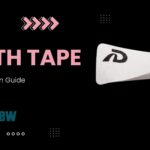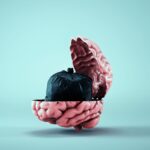In a study, 66% of those perceiving poor sleep showed no issues, while 45% of those satisfied were potentially sleep-deprived.
Summary: A study highlights a significant mismatch between subjective sleep perceptions and objective sleep measurements using in-home EEG devices. Researchers found that 66% of individuals who perceived poor sleep had no objective sleep issues, while 45% of those who reported sufficient sleep were potentially sleep-deprived. These findings emphasize the limitations of relying solely on self-reported sleep assessments, which may lead to inappropriate treatments or missed diagnoses. The study suggests that incorporating objective tools like sleep EEG data could improve sleep health evaluations and early detection of sleep disorders.
Key Takeaways:
- Mismatch Between Perceptions and Data: In the study, 66% of those perceiving poor sleep had no objective issues, while 45% who reported sufficient sleep were found to be potentially sleep-deprived.
- Limitations of Subjective Assessments: The lack of correlation between subjective sleep ratings and objective measures like sleep depth, awakenings, or sleep apnea risk underscores the need for more reliable diagnostic tools.
- Potential for Objective Measurements: Researchers suggest integrating objective tools, such as in-home sleep EEG devices, into health checkups to enhance the accuracy of sleep disorder diagnoses and improve treatment strategies.
Accurate sleep assessment is essential for diagnosing and managing sleep disorders, yet the limited capacity for recall during sleep makes objective measurements, such as electroencephalography (EEG), indispensable. Despite this, clinically accurate methods for measuring sleep in real-world settings remain scarce.
Diagnosis of insomnia, for example, typically relies solely on self-reported experiences. However, research has shown that many individuals with insomnia perceive their sleep duration to be significantly shorter than objective measurements indicate. This discrepancy between subjective and objective sleep assessments can result in inappropriate treatment strategies, such as attempts to increase sleep duration in individuals who are already achieving sufficient sleep.
Conversely, individuals who are unaware of their sleep disturbances may overlook early indicators of serious sleep disorders.
To address these challenges, S’UIMIN Inc, a startup originating from the University of Tsukuba, has developed self-applicable, in-home sleep EEG devices capable of providing clinical-grade sleep measurements.
Wide Gap Between Perceived and Actual Sleep
In a study published in The Proceedings of the National Academy of Sciences, researchers conducted an analysis of data collected from 421 individuals in Japan who were not receiving treatment for sleep disorders. The dataset included multiple nights of in-home sleep EEG recordings alongside responses to questionnaires assessing subjective sleep experiences. These subjective and objective assessments were evaluated by physicians, and the researchers analyzed potential discrepancies.
The results revealed significant disparities: 66% of individuals who perceived their sleep as poor exhibited no objective sleep problems, while 45% of those who considered their sleep sufficient were identified as potentially sleep deprived. Additionally, subjective ratings of “sleep quality” showed minimal correlations with objective indicators such as “sleep depth,” the “presence or absence of brief awakenings,” or the “presence or absence of sleep apnea risk.”
Researchers say these findings underscore the inadequacy of relying solely on subjective sleep assessments to evaluate sleep health. Incorporating objective measures, such as sleep EEG data, into routine health checkups and providing tailored advice based on these findings could enhance sleep habits and facilitate the early detection of sleep disorders.
ID 179378213 © Olan Dah | Dreamstime.com








